Summary
- Ridley Scott’s The Counselor faced a lukewarm response upon release, but the director advocates for its reassessment, emphasizing its dark subtext and cynicism.
- The film’s script, crafted by Pulitzer Prize winner Cormac McCarthy, was praised for its depth but criticized for being excessively verbose.
- The Counselor’s journey reflects the unpredictable nature of film reception, with Scott’s personal vision standing firm despite initial criticism, highlighting the balance between a filmmaker’s vision and audience reception.
Ridley Scott’s The Counselor emerges as a particularly fascinating example in the cinematic realm, where distinguishing a masterpiece from a misfire is often complicated by the intricate dynamics of directorial vision, script quality, and how audiences receive it. Released in 2013, this crime thriller, featuring a star-studded cast including Penélope Cruz, Brad Pitt, Cameron Diaz, Javier Bardem, and Michael Fassbender, was met with a lukewarm response from critics and audiences alike. However, a decade later, Scott, an acclaimed filmmaker known for his diverse portfolio, revisits this project with a perspective that challenges the initial reception.
Cormac McCarthy, a Pulitzer Prize winner, crafted The Counselor, a story about a high-ranking lawyer’s risky involvement in major drug trafficking. McCarthy, renowned for his gripping and dark storytelling, as seen in works like No Country for Old Men, brought a unique depth to the script. However, this depth, which might have been its strength, became a point of contention among critics. Many regarded the film as excessively verbose, emphasizing dialogue over suspense and action, which led to its perception as unimpressive, even with its notable cast.
Speaking with Rolling Stone, Scott made a strong case for The Counselor, affirming his personal preference for the film and advocating for its reassessment. He emphasized the movie’s dark subtext and cynical tone, expressing disappointment in the initial reception and suggesting that audiences are only now beginning to appreciate its nuances. This isn’t the first time Scott has faced delayed recognition for his work; he cites Blade Runner, another of his creations that only gained widespread acclaim years after its release, as a similar example. Scott revealed:
Probably not. I passed it by Cameron first and said, “So… what do you think?” And she said, “So what?” And I said, “OK!” And I said, “I’m not gonna describe it, just read it.” Cormac McCarthy, in my world, is probably the best dialogue writer ever. The Counselor is one of my favorites of my movies, but it’s a very dark subtext, and you can feel it coming from minute one. It’s so dark because it’s based on a certain amount of truth. I was so disappointed, and I don’t know who to blame because I think the film is really f—-n’ good. It’s so fun and cynical. People take it so seriously! People are getting it now. It’s always annoying because my films tend to get got later. The famous one is Blade Runner, which was dead for twenty years and then got discovered again by accident at the Santa Monica Film Festival.
RELATED: Napoleon: Why a 1977 Ridley Scott Movie Is Essential Viewing Before His Latest War Epic
The Unpredictable World of Film: Ridley Scott’s The Counselor and the Quest for Retrospective Appreciation
Release Date October 25, 2013
Director Ridley Scott
Cast Michael Fassbender, Penelope Cruz, Cameron Diaz, Javier Bardem, Cesar Aguirre, Daniel Holguín
Genres Crime, Documentary, Drama, Thriller
Looking at Scott’s career trajectory around the time of The Counselor, it’s evident that the film fell into a phase of fluctuating critical responses. Prometheus, an addition to the Alien franchise, was directed by Scott before he embarked on The Counselor. It received a moderate response, much like his subsequent project, Exodus: Gods and Kings, which also failed to engage audiences and critics effectively. This pattern highlights the often unpredictable nature of film reception, where a director’s vision might not align with contemporary expectations but could find appreciation in retrospect.
Interestingly, while The Counselor currently holds a mere 34% approval rating from critics on Rotten Tomatoes, it stands out in Scott’s filmography for its thematic boldness and the director’s unwavering belief in its merit. The film industry stands as a testament to the balance between a filmmaker’s personal vision and the audience’s reception. Scott’s defense of his work underscores his commitment to his creative instincts, regardless of immediate acclaim or criticism.
A decade after its release, The Counselor is undergoing a reassessment, highlighting the nuanced and often personal interpretation of cinematic art. Additionally, it demonstrates the unwavering nature of a director’s vision, as seen in Scott’s case, which remains firm despite the evolving opinions of critics and audiences. This revisiting not only offers an opportunity to view The Counselor through a fresh lens but also to appreciate the intricate dynamics that define the world of filmmaking.
You can view the original article HERE.





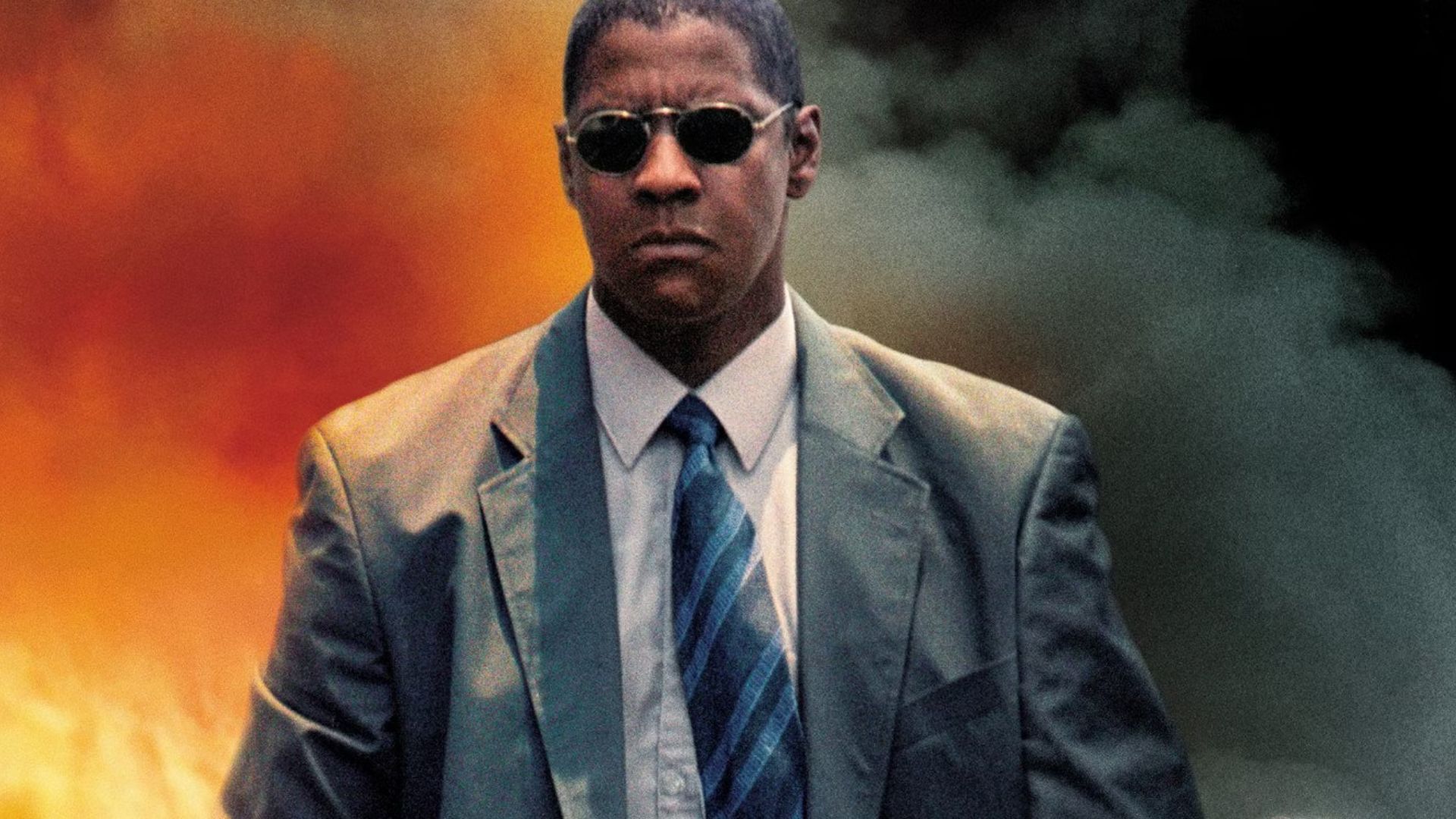
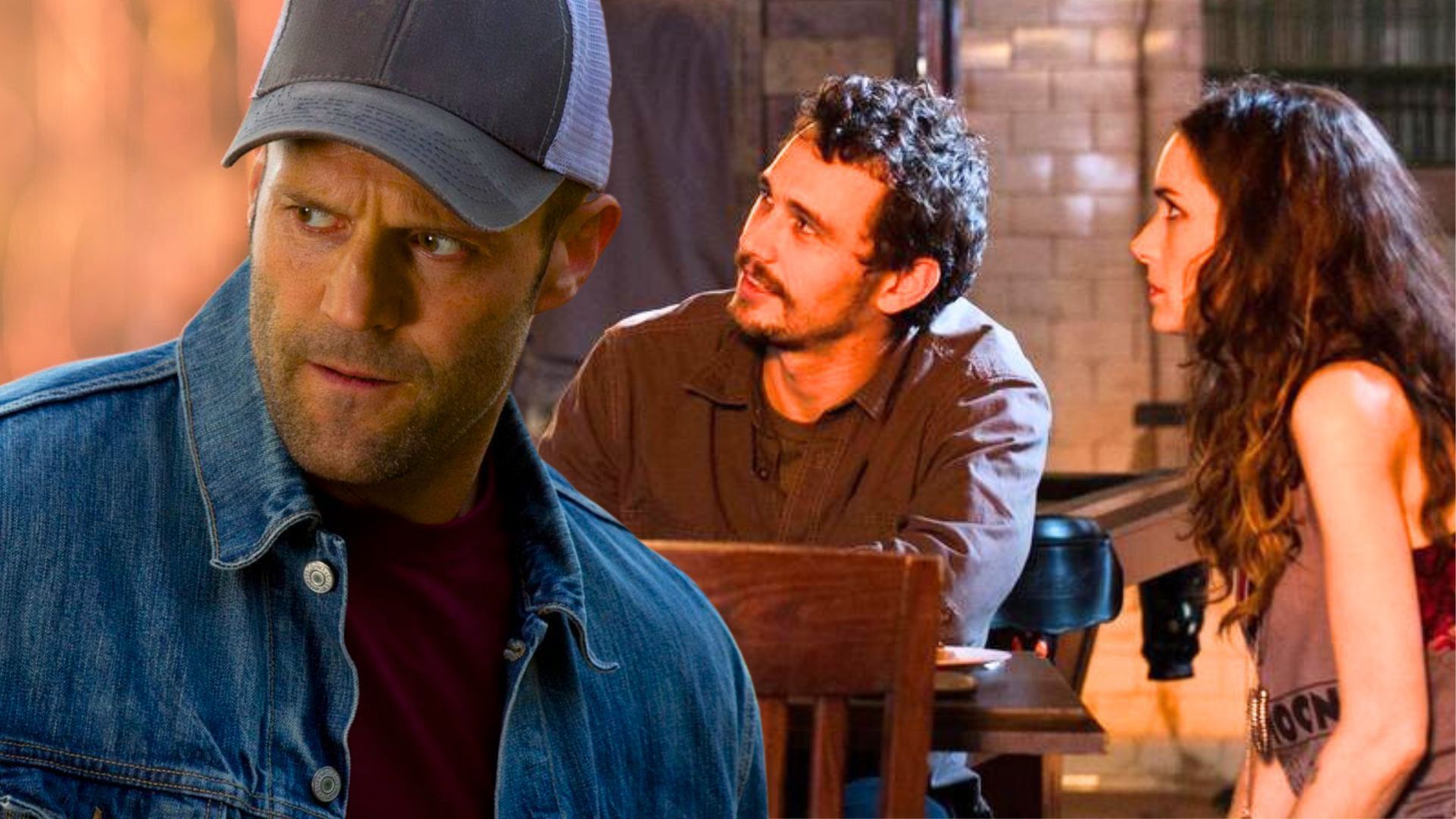

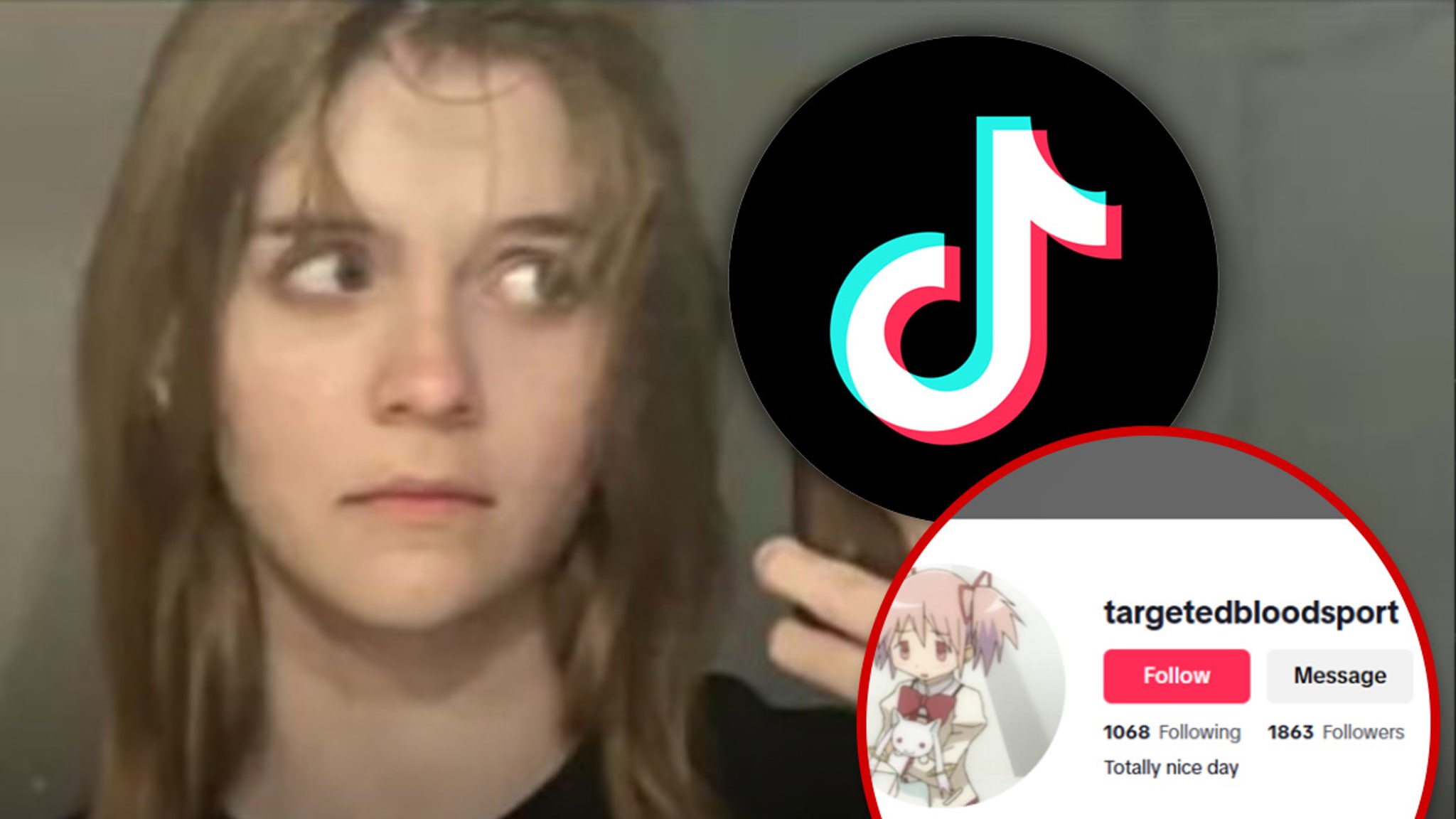
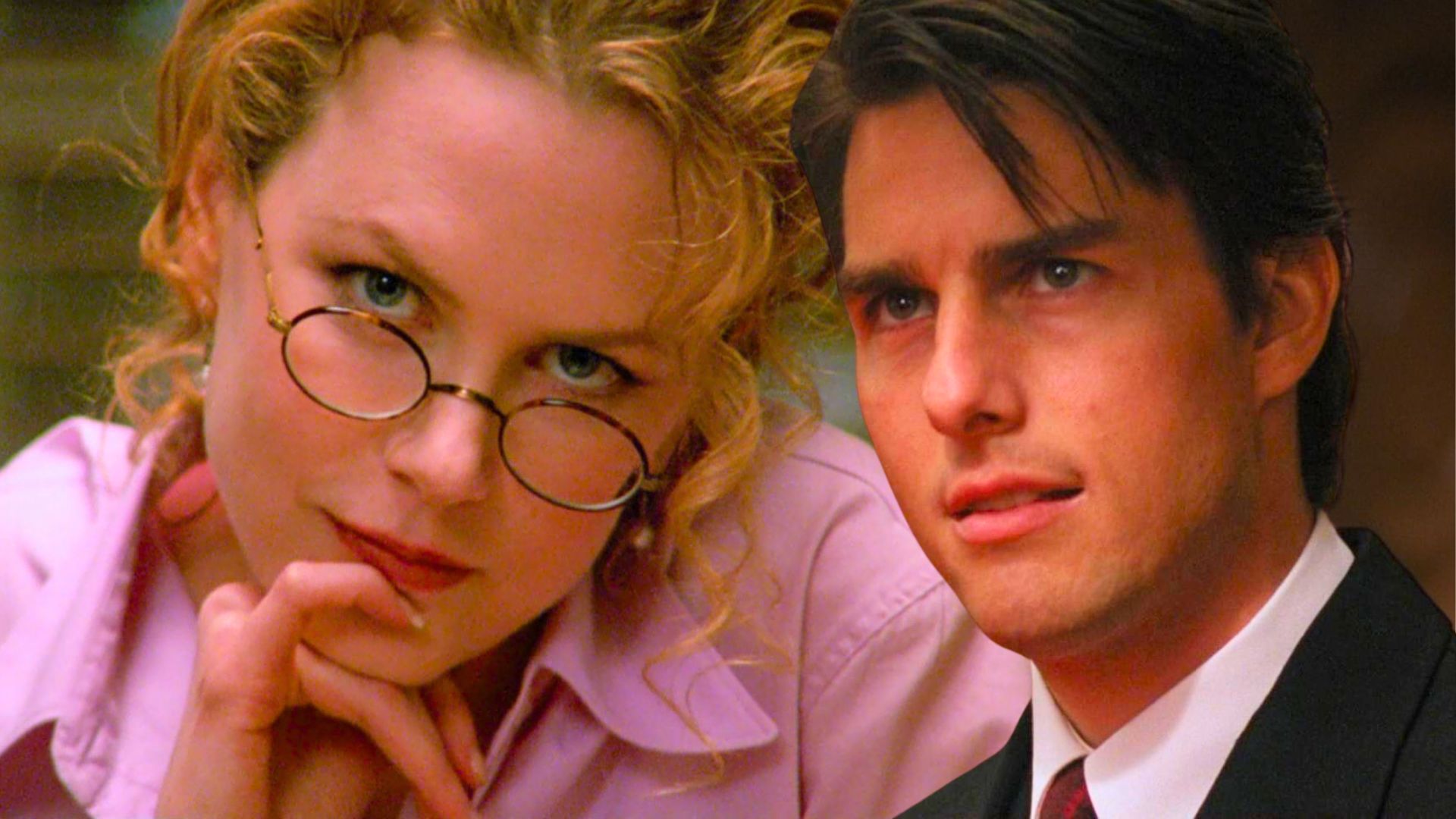
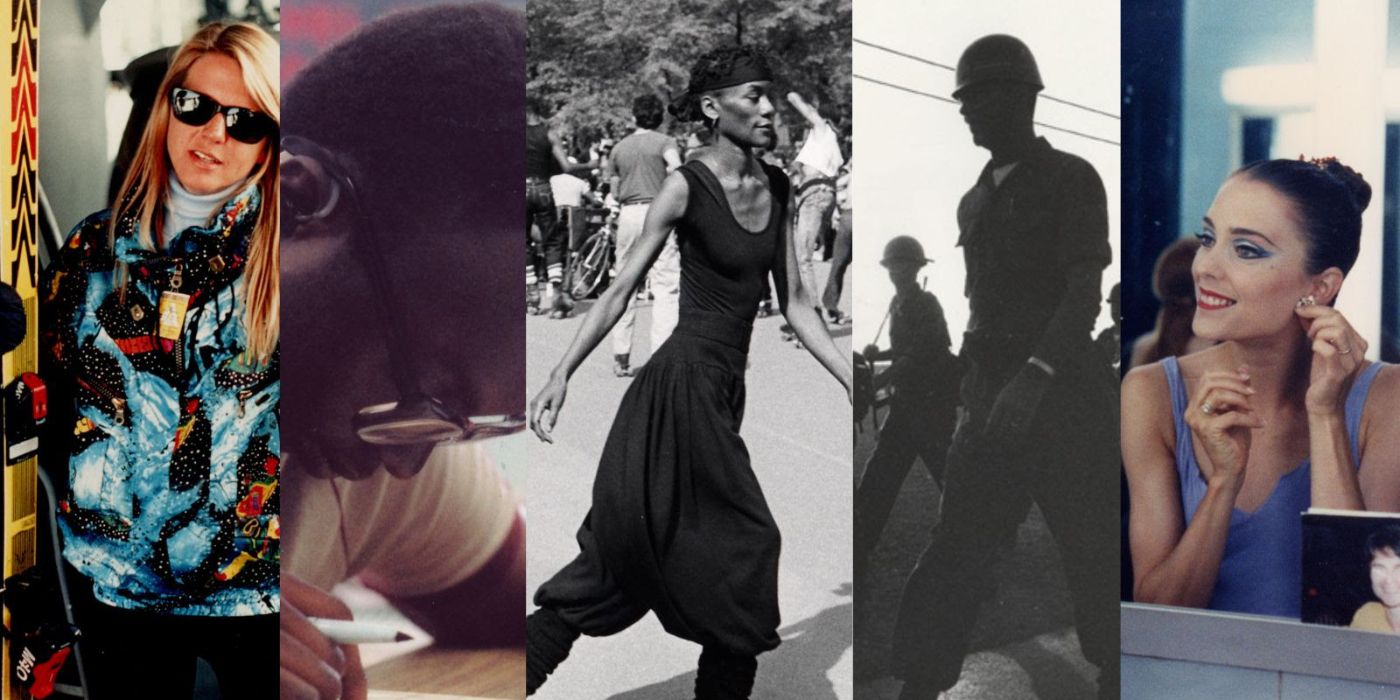

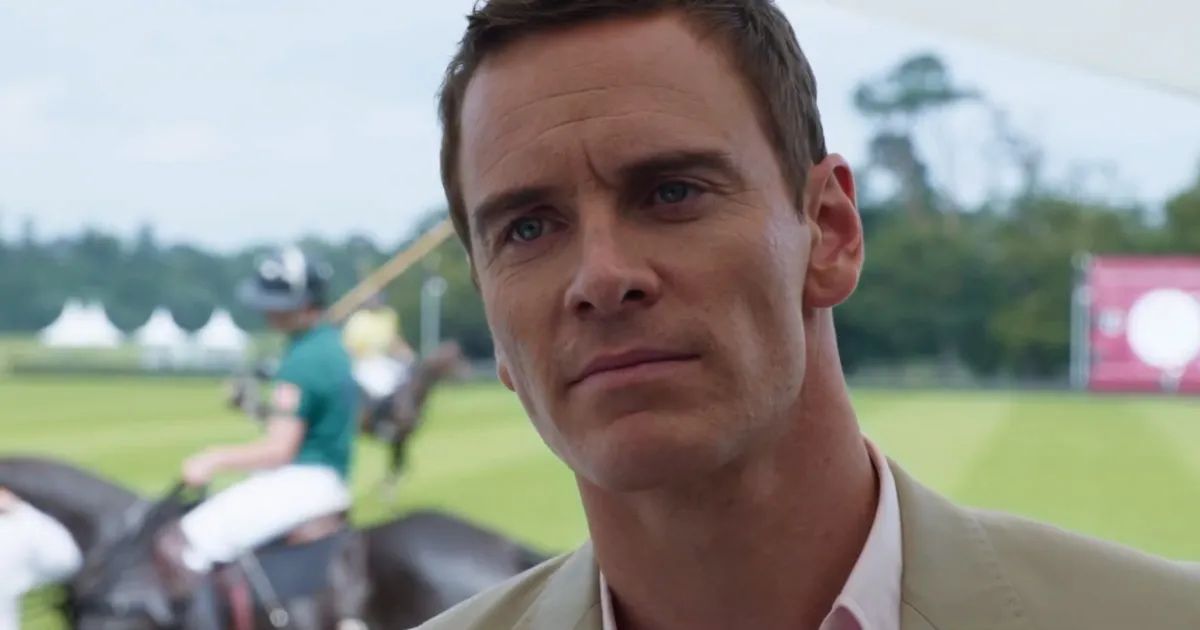


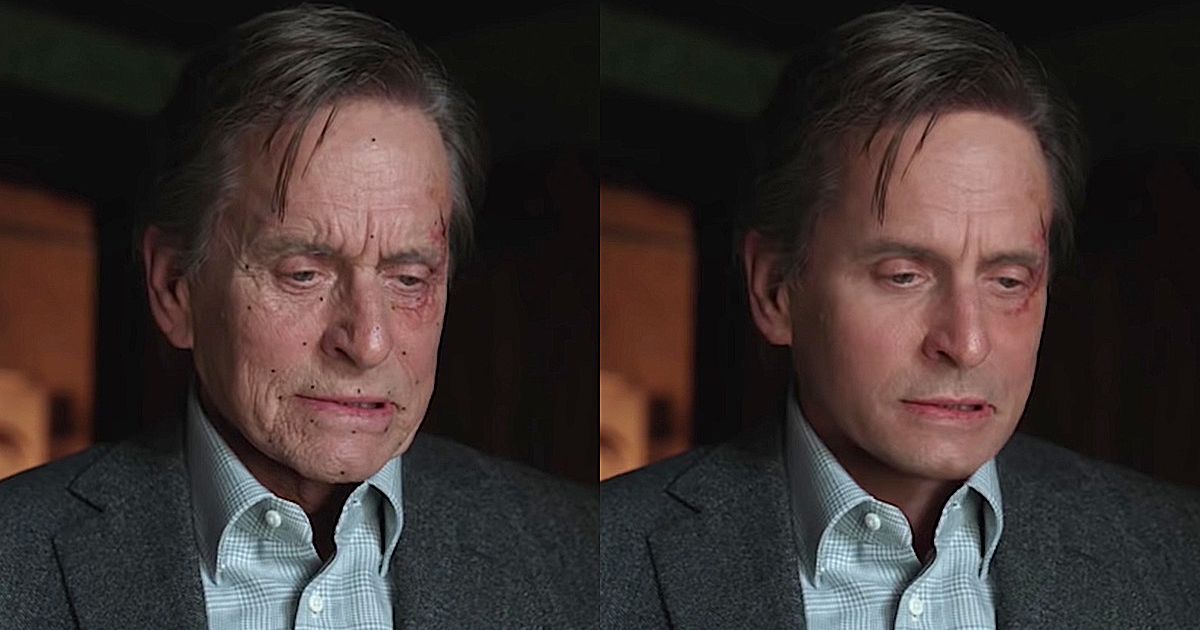
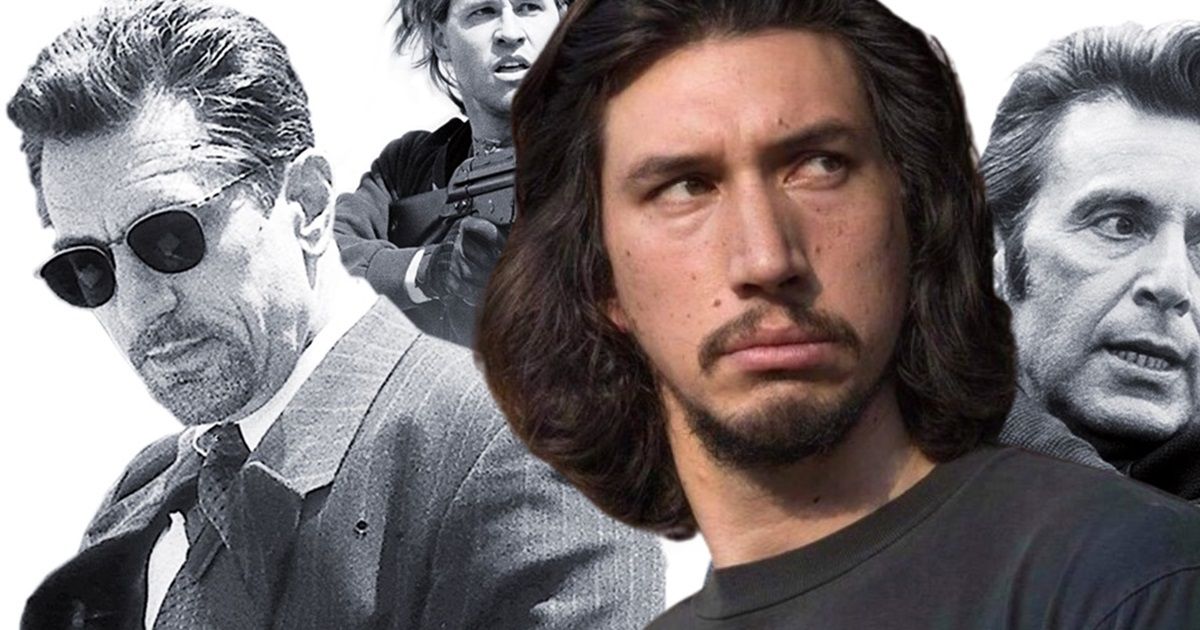










:quality(85):upscale()/2024/12/20/830/n/1922564/5c67fdcd6765bdc5795da2.94470909_.jpg)


